
How Homecare Supports Chronic Condition Management for Seniors in Central London
Published: 07/05/2025
Living with a chronic condition can make everyday tasks feel overwhelming. Energy levels can suddenly drop, and even simply getting dressed or preparing a meal can feel like a challenge. But the right support can make all the difference. Homecare can help seniors manage long-term health conditions while continuing to live safely and independently in familiar surroundings.
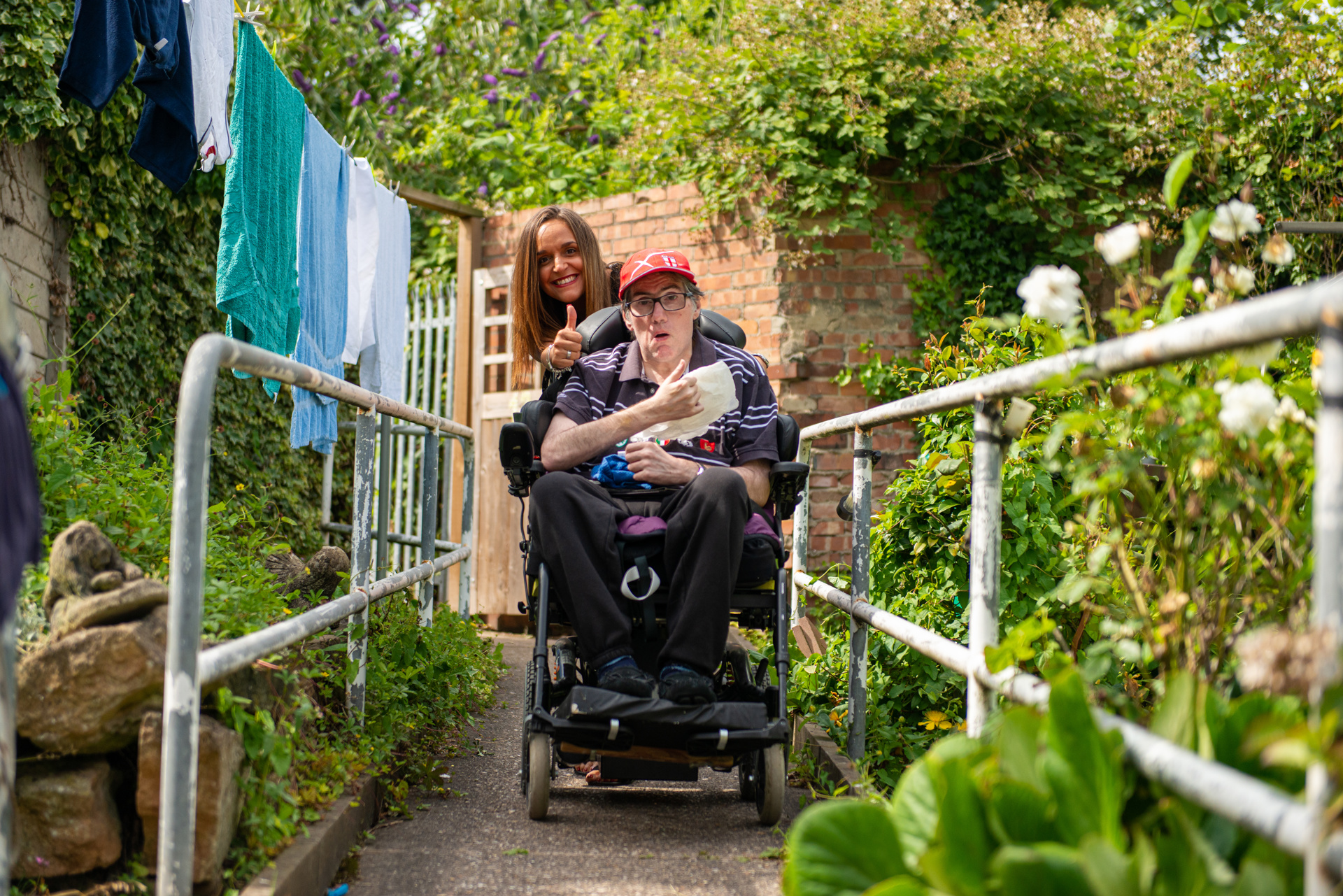
What is homecare?
Homecare refers to a range of care services delivered in the comfort of the Client’s own home. Instead of moving into a residential facility or spending extended time in a hospital, individuals receive tailored support where they feel most at ease.
Homecare is especially beneficial for older adults managing long-term illnesses, such as chronic obstructive pulmonary disease (COPD), diabetes, heart disease, or cancer. It helps people maintain independence while receiving the consistent, compassionate support they need.
There are several types of care available:
Medical homecare is delivered by healthcare professionals like nurses or therapists. It may include wound care, medication management, post-operative support, and physiotherapy.
Non-medical homecare focuses on everyday activities such as bathing, dressing, preparing meals, and light housekeeping.
Specialised homecare is tailored to specific conditions like dementia, Parkinson’s, or palliative needs. These services are designed with detailed knowledge of the individual’s diagnosis and care priorities.
Right at Home Central London offers all of these home care services through personalised care plans that evolve as health conditions change.
How homecare improves life with a chronic condition
Living with a chronic illness doesn’t mean giving up your independence or comfort. With the right homecare in place, seniors can enjoy a better quality of life while remaining safe and connected to the people and routines they care about.


Personalised care built around the individual
Unlike care settings that follow fixed routines, homecare is flexible and centred on the individual’s daily rhythms and preferences. Care plans are designed to meet specific medical needs — including medication reminders, nutritional support, and mobility assistance — while also supporting the person’s emotional and social well-being.
At Right at Home Central London, we match Clients with CareGivers who understand their unique needs and work closely with them to adjust support as things change.
The comfort and security of home
Remaining in a familiar setting offers comfort that can’t be replicated elsewhere. Seniors receiving care at home benefit from being close to their personal belongings, local shops, neighbours, and routines. For individuals living with conditions such as dementia, this familiarity is particularly important — it helps reduce confusion and creates a sense of calm.
Avoiding the stress of travelling to appointments or navigating unfamiliar environments is another key benefit of staying at home.
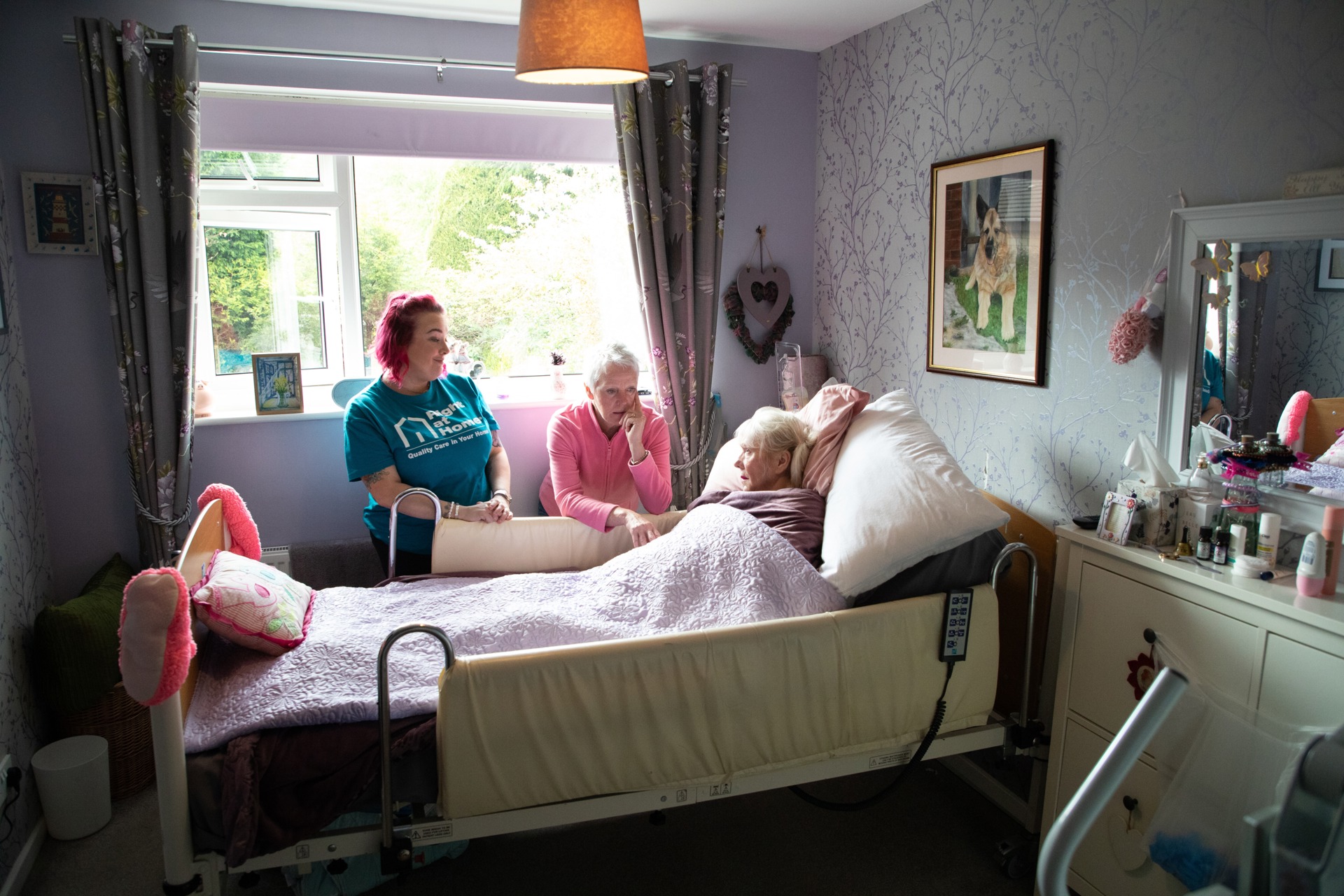

Flexibility as needs change
Chronic conditions evolve over time. With homecare, it’s easy to adjust visit frequency or adapt the care plan based on current needs. If symptoms flare, for example, changes can be made quickly and thoughtfully. This allows Clients to feel confident that their care will remain appropriate and effective, no matter how circumstances develop.
Emotional reassurance and stability
Dealing with a long-term illness can be emotionally draining, but being cared for at home offers a greater sense of control and emotional security. The ability to stay close to family, pets, and a familiar routine brings comfort and reassurance during what can be an uncertain time.


How to choose the right homecare service in the UK
1. Make sure they’re registered with the CQC.
In England, any provider offering regulated care services must be registered with the Care Quality Commission (CQC). This legal requirement ensures that agencies meet essential standards in safety, cleanliness, staffing, and care quality. Similar regulatory bodies exist in Scotland, Wales, and Northern Ireland.
Check the provider’s registration status on the CQC website and read their latest inspection report. These reports are publicly available.
2. Ask about their training and qualifications.
Not every care worker is required to have formal qualifications, but reputable agencies will invest in comprehensive training for their staff. This training should align with Skills for Care's standards and cover:
- Safe personal care techniques
- Moving and handling
- Medication support
- First aid and life support
- Safeguarding adults
- Condition-specific training
You should also ask whether staff have undergone Disclosure and Barring Service (DBS) checks. In Scotland, this is managed through the Protecting Vulnerable Groups scheme.
At Right at Home Central London, all our CareGivers go through a rigorous training and vetting process — including enhanced DBS checks — so you can feel confident in the care being provided.
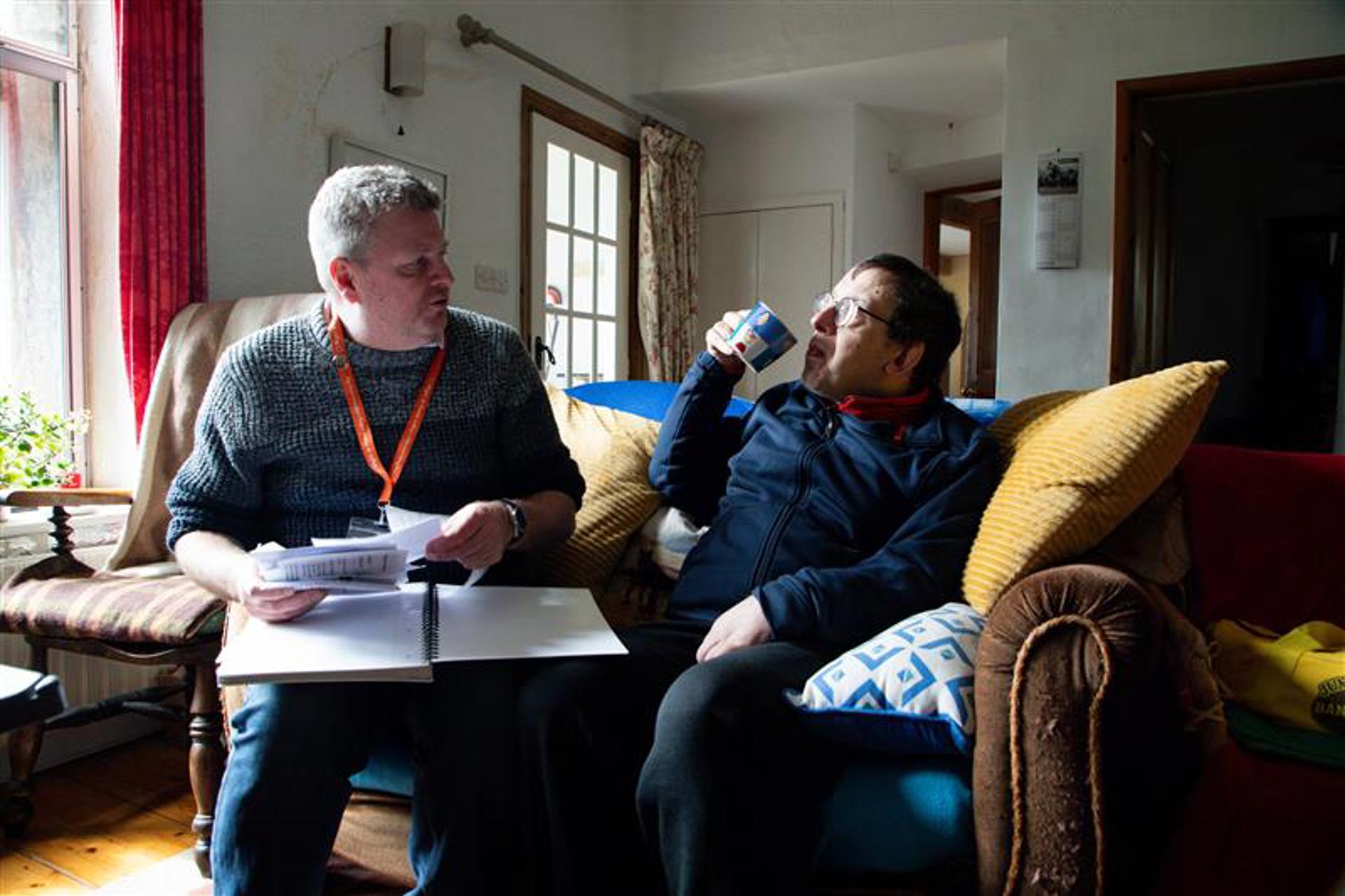
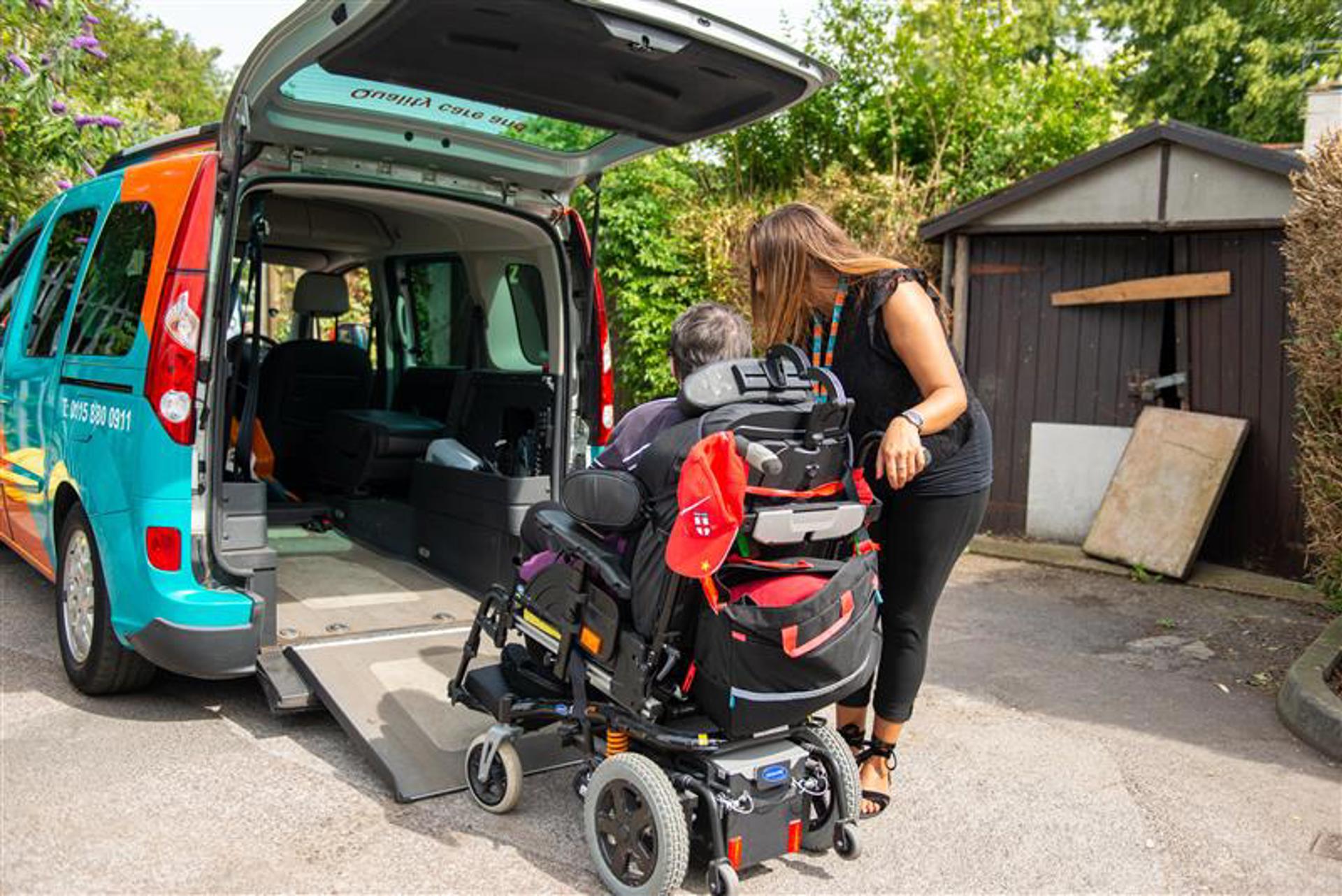
3. Consider the range of services they offer.
Some individuals need basic help around the house, while others may require more advanced support such as:
- Personal care
- Meal preparation and household tasks
- Companionship and social support
- Medication assistance
- Dementia or palliative care
- Respite care for family carers
- Nursing care at home
It’s important to match your care needs with the provider’s expertise. Ask if they have experience managing the specific chronic condition in question.
4. Look for personalised, person-centred care.
A good provider will treat each individual as just that — an individual. This means care plans should be:
- Tailored to the person’s health, lifestyle and preferences
- Holistic, addressing emotional and social needs as well as physical health
- Collaborative, developed with input from the person receiving care and their family
- Flexible, with regular reviews to adapt to any changes
At Right at Home Central London, person-centred planning is at the heart of everything we do. Our care plans evolve with you.


5. Understand availability, consistency, and communication
Stability is key when living with a chronic condition. That’s why you should ask how the agency ensures continuity of care, what happens if a CareGiver is unavailable, and how emergencies are handled.
Also clarify how the agency keeps in touch. Do they provide regular updates to family members? Is there a clear process for raising concerns or making changes to care?
6. Ask about costs and funding options.
Homecare costs vary depending on the type and amount of care needed. Reputable providers should be transparent about:
- Hourly rates and minimum call times
- Additional charges such as travel or out-of-hours visits
- Payment methods and billing frequency
You may be eligible for financial support. This could include:
- Local authority funding (depending on your financial and care assessments)
- NHS Continuing Healthcare, for complex medical needs
- Attendance Allowance or Personal Independence Payment (PIP)
- Direct payments
At Right at Home Central London, we’re always happy to walk you through your funding options and help make care accessible and affordable.
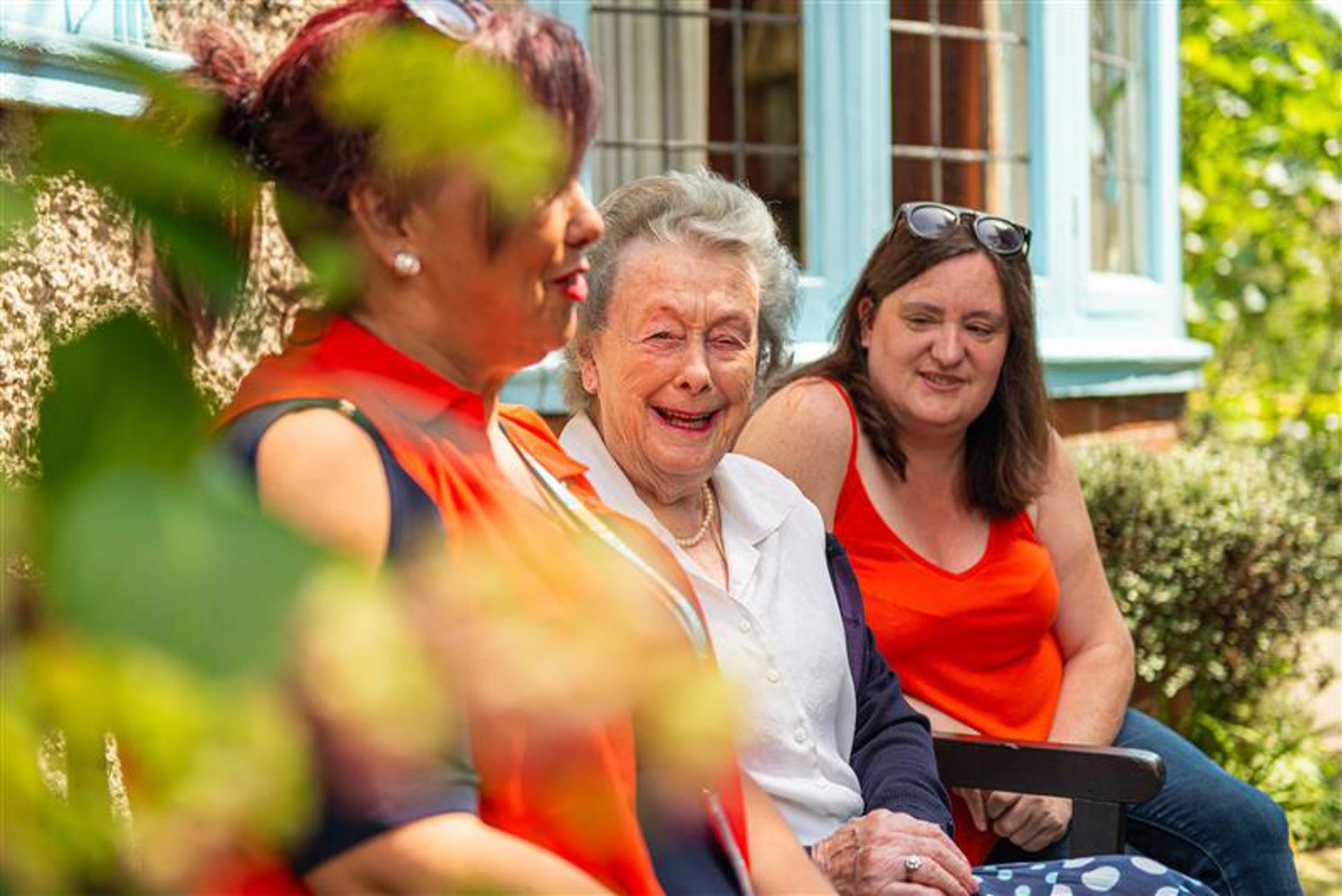

We support individuals living with long-term conditions and complex care needs every day. Whether you’re adjusting to a new diagnosis or managing a condition you’ve lived with for years, our trained CareGivers are here to provide consistent and compassionate support that adapts to your lifestyle.
Here are just some of the conditions we support through our homecare services in Central London:
- Cancer care at home - Our CareGivers can help with day-to-day tasks that become difficult, such as preparing meals, bathing, or managing fatigue. We also provide valuable companionship and a listening ear because we know that emotional well-being is just as important.
- Osteoarthritis and joint conditions - We support Clients with gentle physical assistance, fall-prevention measures, and adaptations to help maintain independence at home. Our goal is to ease physical strain while helping you stay active and confident in your surroundings.
- Diabetes management - Our CareGivers are trained to support Clients with managing blood sugar levels, recognising signs of concern, preparing balanced meals, and maintaining medication routines.
- Stroke recovery and rehabilitation - We provide gentle and respectful help with mobility and exercises as part of your rehabilitation plan. Our CareGivers also assist with adapting the home environment to improve safety and comfort.
- Neuromuscular conditions - Conditions such as multiple sclerosis, Parkinson’s disease or motor neurone disease can affect both mobility and strength — sometimes unpredictably. Our team is trained to help with positioning, mobility equipment, safe transfers, and energy conservation techniques. As symptoms evolve, we adapt our support to make sure care continues to meet your needs.
- End-of-life and palliative care - If a loved one is receiving palliative treatment, we can support dignity and quality of life at every stage. We help create a calm and supportive environment, offering assistance with pain management routines, personal care, emotional support, and being present when it matters most.
- 24-hour and live-in care for complex needs - Some health conditions require round-the-clock supervision and assistance. Our live-in care services mean that someone is always nearby—ready to provide help when needed.
- Clinical care services tailored to your health needs - Our team works closely with healthcare professionals to make sure every aspect of care is safe, consistent, and tailored to your personal needs. We offer help with:
- Wound care
- Seizure management
- Urinary catheter care
- Gastrostomy/PEG care
- Bowel stoma care
- Diabetes care
Let’s talk about the support that’s right for you
If you or a loved one is living with a chronic health condition, we’re here to help make daily life easier and more manageable. At Right at Home Central London, we take the time to understand your health and your preferences to create a care plan that fits around you.
Call our friendly team on 020 3084 7333 or contact us online to learn how we can support your care journey.
